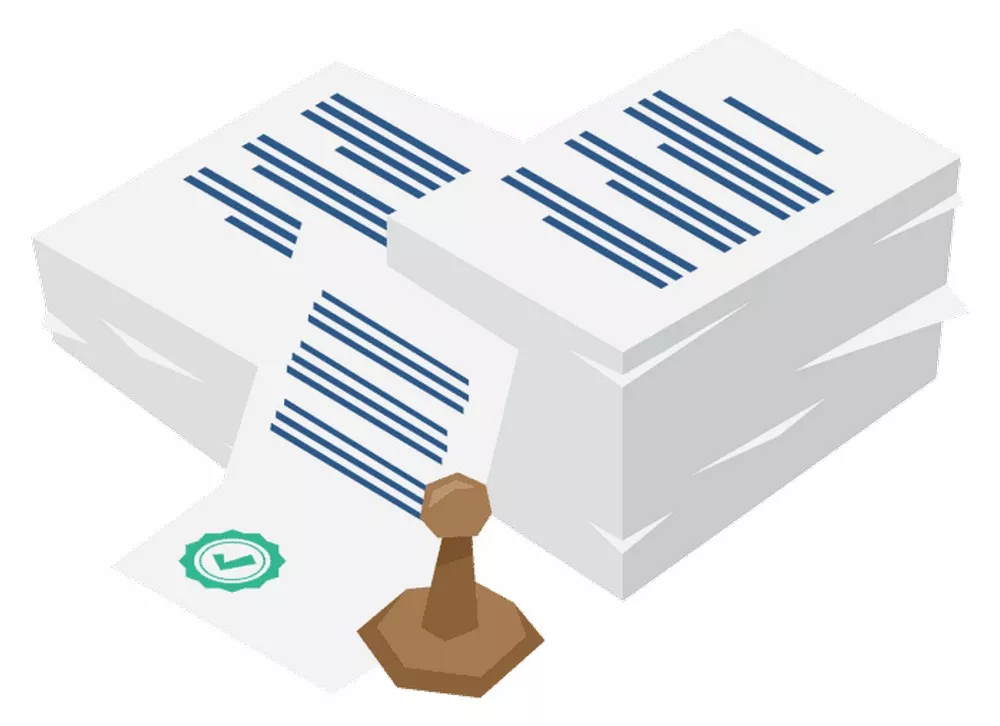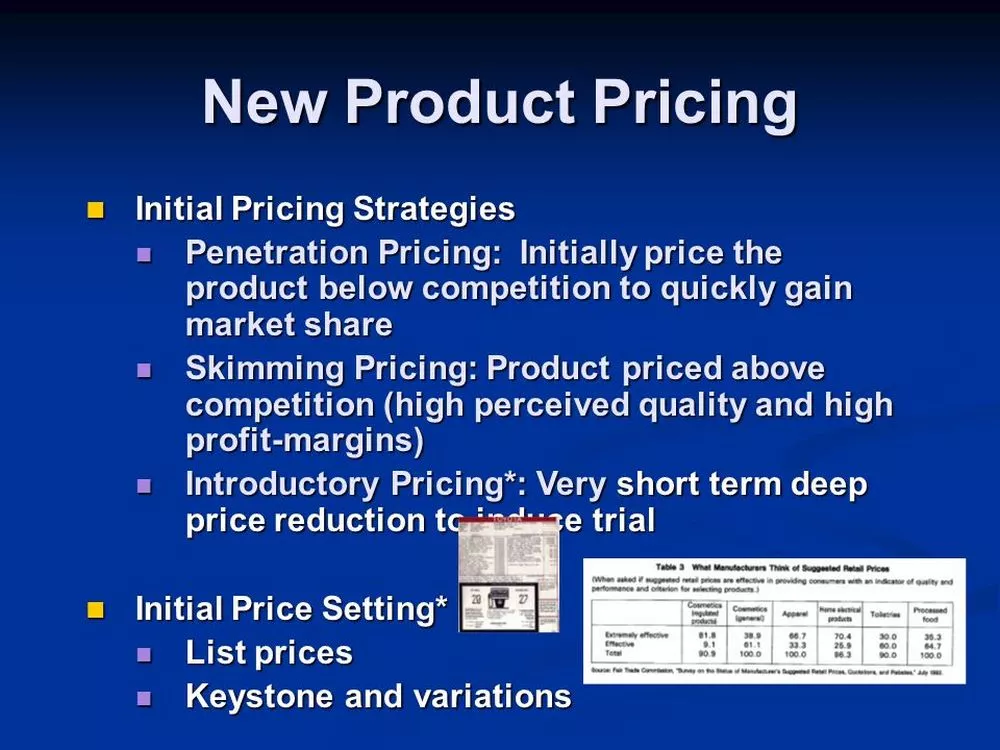New Hampshire is a great state to start a business. The cost of living is relatively low and the state offers a variety of tax incentives for businesses. However, before you can start reaping the benefits of owning a business in New Hampshire, you need to register your business with the state.
Discover collection of articles right now about financial and business. SparkleTeddy
talk about and throw in personal financial planning, business and
Taxes. You can expect to see reviews of financial products like mutual
funds and banks to random musings on money related matters like tax,
budgeting and deal-hunting.
The cost of registering your business in New Hampshire depends on the type of business you are starting. For example, if you are starting a sole proprietorship, you will need to obtain a business license from your local town or city. The cost of a business license varies depending on the municipality, but is typically around $50.
If you are starting a partnership or corporation, you will need to file the appropriate paperwork with the New Hampshire Secretary of State. The filing fee for a partnership is $100, and the filing fee for a corporation is $125.
In addition to the initial registration fee, you will also need to pay an annual report fee to the Secretary of State. The annual report fee for a sole proprietorship is $25, and the annual report fee for a partnership or corporation is $45.
The cost of registering your business in New Hampshire is relatively low, especially when compared to other states. The initial registration fee is less than $200, and the annual report fee is less than $100. When you consider the benefits of starting a business in New Hampshire, the cost of registration is a small price to pay.
The cost of registering your business in New Hampshire can vary depending on the type of business you are starting. For instance, if you are starting a sole proprietorship, you will need to file a DBA (Doing Business As) with the state. This will cost you $35. If you are starting a partnership, you will need to file a Partnership Agreement with the state, which will cost you $100. If you are starting a limited liability company (LLC), you will need to file Articles of Organization with the state, which will cost you $125.
There are also some other costs associated with starting a business in New Hampshire. For instance, you will need to get a business license, which will cost you $50. You will also need to get a federal Employer Identification Number (EIN), which is free. Finally, you will need to register your business with the New Hampshire Secretary of State, which will cost you $35.
In total, the cost of starting a business in New Hampshire will be $345. This is not a huge amount of money, and it is definitely worth it to start your own business in this beautiful state.


